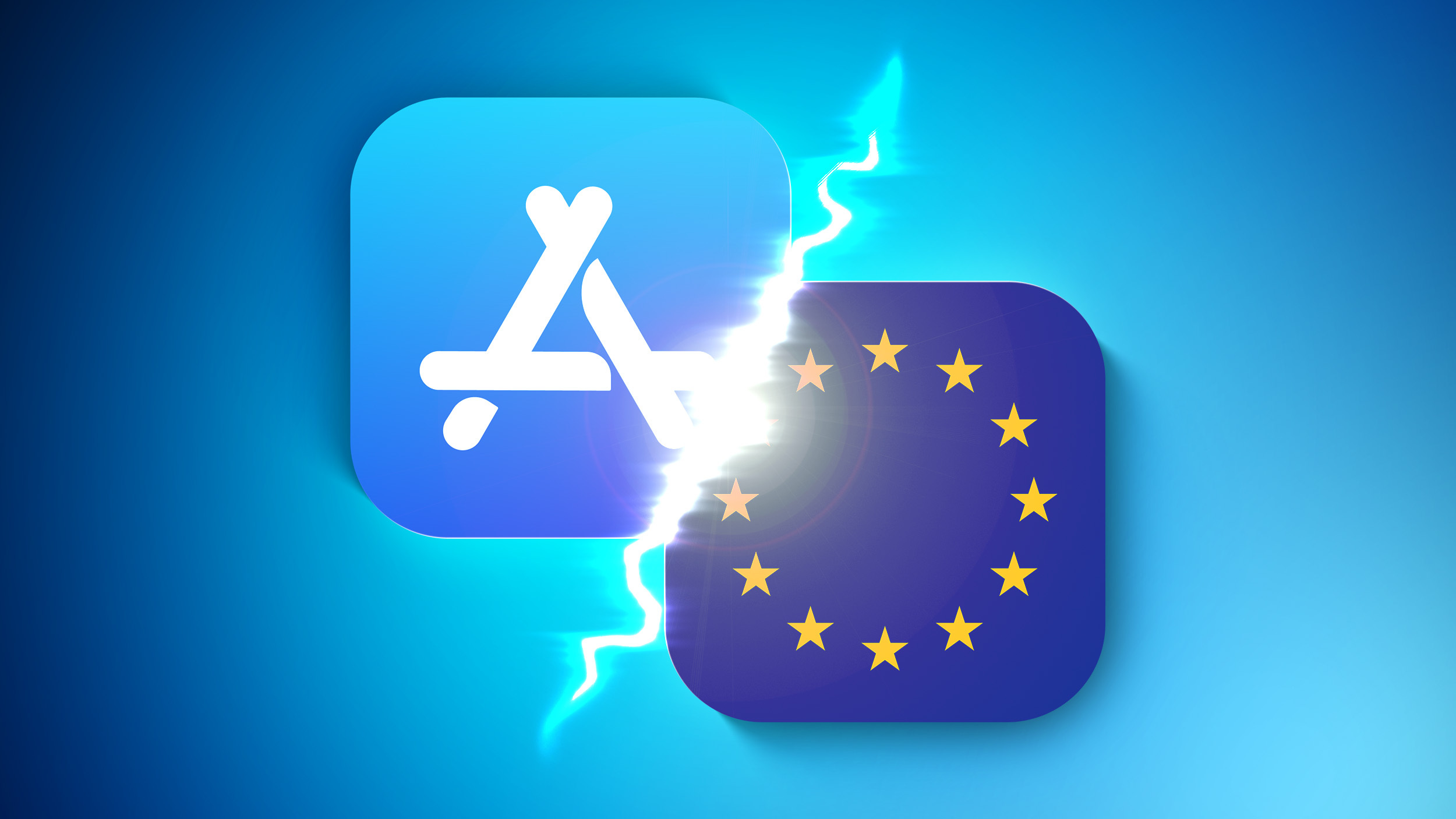
Apple today shared a study commissioned from Analysis Group [PDF] that looks at App Store pricing changes before and after reduced fees took effect in the EU in March 2024 under the Digital Markets Act (DMA). The report shows that the DMA has not resulted in lower prices for consumers.

In a statement to MacRumors, Apple said that the DMA has reduced privacy and security without the outcomes that EU lawmakers expected.
The European Commission believes that if developers pay reduced fees, those savings will be passed on to consumers through lower prices, but the study suggests that lower fees have not led to lower App Store prices.The DMA has failed to live up to its promises, delivering less security, less privacy, and a worse experience for consumers across Europe. This study provides further evidence that the DMA is not benefiting consumers in the form of lower prices. At the same time, we know the regulation is creating new barriers for innovators and startups while exposing consumers to new risks.
Analysis Group looked at 41 million App Store transactions across 21,000 paid apps and in-app purchases, comparing app prices for three months before developers enrolled in the alternative business terms to prices for three months after they enrolled. 91 percent of the time, prices did not go down, even though fees dropped by 10 percentage points on average. In some cases, developers raised their prices.
The top five EU app developers did not change their app pricing despite the reduced commission, instead keeping the additional revenue. Developers paid an estimated 20.1 million euros less in commission fees to Apple after the change. More than 86 percent of the savings went to developers outside of the European Union.
When developers did lower prices, the average decrease was 2.5 percent, seemingly unrelated to the DMA. Apple says that it saw the same effect when it launched the App Store Small Business Program. The lowered fees did not result in meaningful savings for consumers because only a small minority of developers decreased their prices.
The study says that the percentage of fee reductions does not change over a longer eight-month period, and that the Core Technology Fee paid by apps with more than one million first-time installs per year also does not change the results. 80 percent of the apps in the study did not pay the CTF.
The study was done on behalf of Apple, and it wasn't independently produced. It is limited to App Store data, and only applies to apps using Apple's services. It didn't include web or alternative marketplace pricing, and developers do have those distribution options under the DMA. A more in-depth look at the results and the data are available in the full study. [PDF].
Apple argues that the Digital Markets Act leads to a worse experience for consumers in the European Union, with less security, less privacy, less innovation, and more complexity. Apple has delayed several iOS 18 and iOS 26 features in the EU, and it attributes those delays to DMA requirements.
Live Translation was not available in the European Union when the AirPods Pro 3 launched, but it is coming soon. Apple hasn't found a way to bring iPhone Mirroring to non-Apple devices without privacy risks, so it remains unavailable. Automatic Wi-Fi network syncing is being disabled in iOS 26.2 because Apple wants to keep consumer Wi-Fi data from being shared with third parties. The DMA would give developers access to usernames, Wi-Fi network history, and more.
Note: Due to the political or social nature of the discussion regarding this topic, the discussion thread is located in our Political News forum. All forum members and site visitors are welcome to read and follow the thread, but posting is limited to forum members with at least 100 posts.
Article Link: EU's Digital Markets Act Failed to Lower App Store Prices, Apple-Commissioned Study Says


